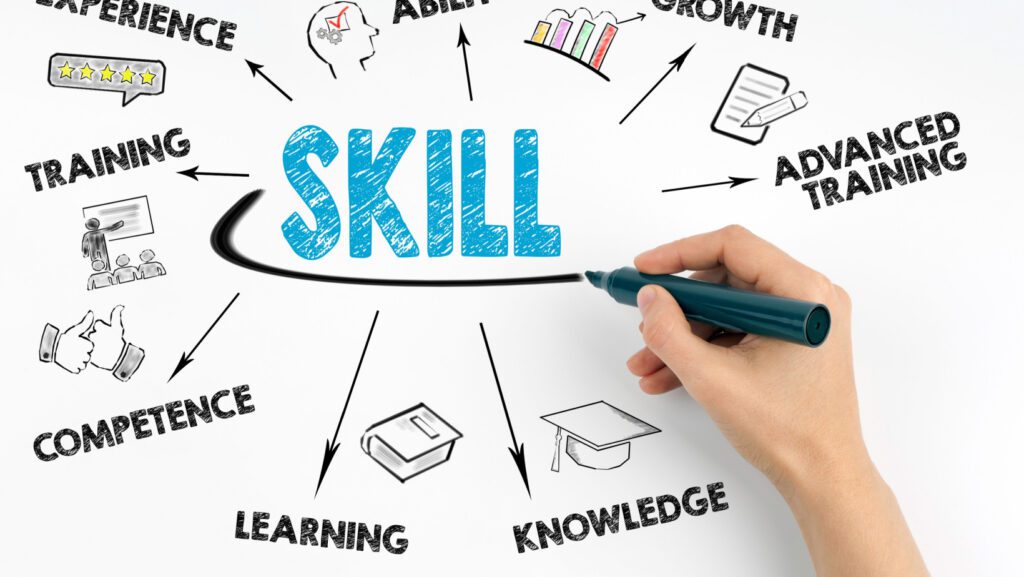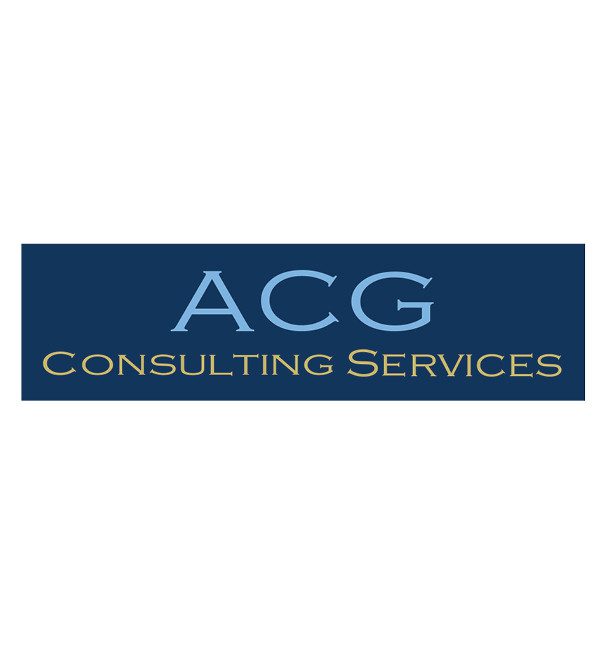The Transformative Benefits of Skill Building and Talent Mobility
In the ever-evolving landscape of the modern workplace, home furnishings organizations face a pivotal challenge: adapting and empowering their workforce to stay ahead of the curve. The success of any organization now hinges on its ability to invest in employee skill-building and foster talent mobility. Join us as we explore the critical components of these initiatives and unravel the profound impact they can have on productivity, engagement, and retention within your organization.
Improved Productivity
By investing in employee skills building, you can improve their knowledge and, in turn, their proficiency. Skills building allows them to perform their job efficiently while contributing their skills to other company areas.
Additionally, when employees feel valued through skills training, they are more motivated to perform their best, positively impacting productivity. The sense of value that comes with skill-building opportunities can lead to a culture where employees feel recognized and valued, leading to efficient and productive work.
Increased Employee Engagement
According to Gallup, only 32% of U.S. employees are engaged in their workplace. Skills building and talent mobility play a critical role in fostering employee engagement. Employees become more engaged when they feel they have genuine career growth and development opportunities within their company. This does so much for the morale of employees and the company.
A report from LinkedIn shows that companies with high talent mobility have twice the employee engagement of businesses with the least talent mobility. Employees have opportunities within the organization to grow and achieve the professional growth they’re looking for, increasing their commitment and loyalty. This engagement rubs off on coworkers, making the workplace an environment of enthusiasts and sparking creativity and productivity.
Employee Feedback and Engagement Strategies
Ensuring the success of skill-building initiatives requires more than just providing learning opportunities; it demands a holistic approach to employee engagement. Explore strategies for soliciting feedback, fostering open communication channels, and aligning individual aspirations with organizational goals. When employees feel heard and valued, their commitment to the organization deepens.
The Power of Continuous Learning
At the heart of workforce empowerment lies the concept of continuous learning. Employee skill building is not just a checkbox for professional development; it is a transformative journey that propels individuals and organizations forward. By investing in the ongoing development of your workforce, you not only enhance individual capabilities but also cultivate a culture of innovation and resilience.
Better Retention Rate
Investing in skills training and talent mobility causes dedicated job satisfaction, vital for an organization’s retention. Employees are looking for opportunities to advance and grow, and when they feel like the employer is investing in their careers, they are less likely to leave for another company. This employee retention provides a healthy continuity of talent within the company, allowing you as an employer to manage your human resources efficiently and ensuring that you have quality employees solving complex challenges.
A Diverse, Skilled Workforce
Incorporating talent mobility helps promote a culture of Skills diversity. With this available talent, companies can access diverse skill sets that benefit multiple business areas. This diversity of skills makes it easier for employees to work on teams that require various skills.
Moreover, when employees have cross-training opportunities, they become more flexible, making taking unique opportunities outside their specialties possible, significantly improving employee morale and retention. The diversity of skills leads to a high-quality workforce that can produce groundbreaking solutions for your company.
Strategic Role of Talent Mobility
Talent mobility is more than just moving employees from one role to another; it is a strategic imperative that aligns individual aspirations with organizational goals. The benefits of talent mobility are multifaceted, ranging from increased employee satisfaction to a more agile and adaptable workforce. In essence, talent mobility is the key to unlocking the full potential of your talent pool.
Measuring Success Through Data-Driven Decision-Making
Establishing key performance indicators (KPIs) is crucial for evaluating the success of skill-building and talent mobility initiatives. Learn how to leverage data to make informed decisions, refine strategies, and ensure that your workforce development efforts align with your organization’s objectives.
Conclusion:
Investing in your employees’ skills and fostering talent mobility has a myriad of advantages. Not only does it result in increased productivity, engagement, and employee retention, but it also creates a multi-skilled and diverse workforce that contributes to the long-term success of your company. Additionally, by providing opportunities for talent mobility, you can foster your employees’ professional growth and development while potentially bridging skill gaps within your organization. In conclusion, to fully unlock the benefits of investing in your employees, embrace skill building and mobility today.










